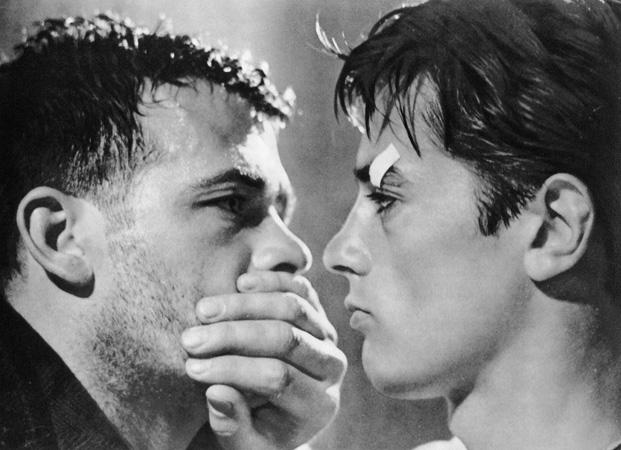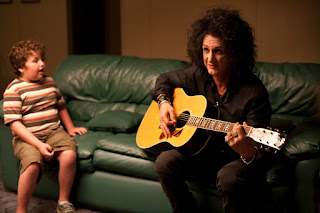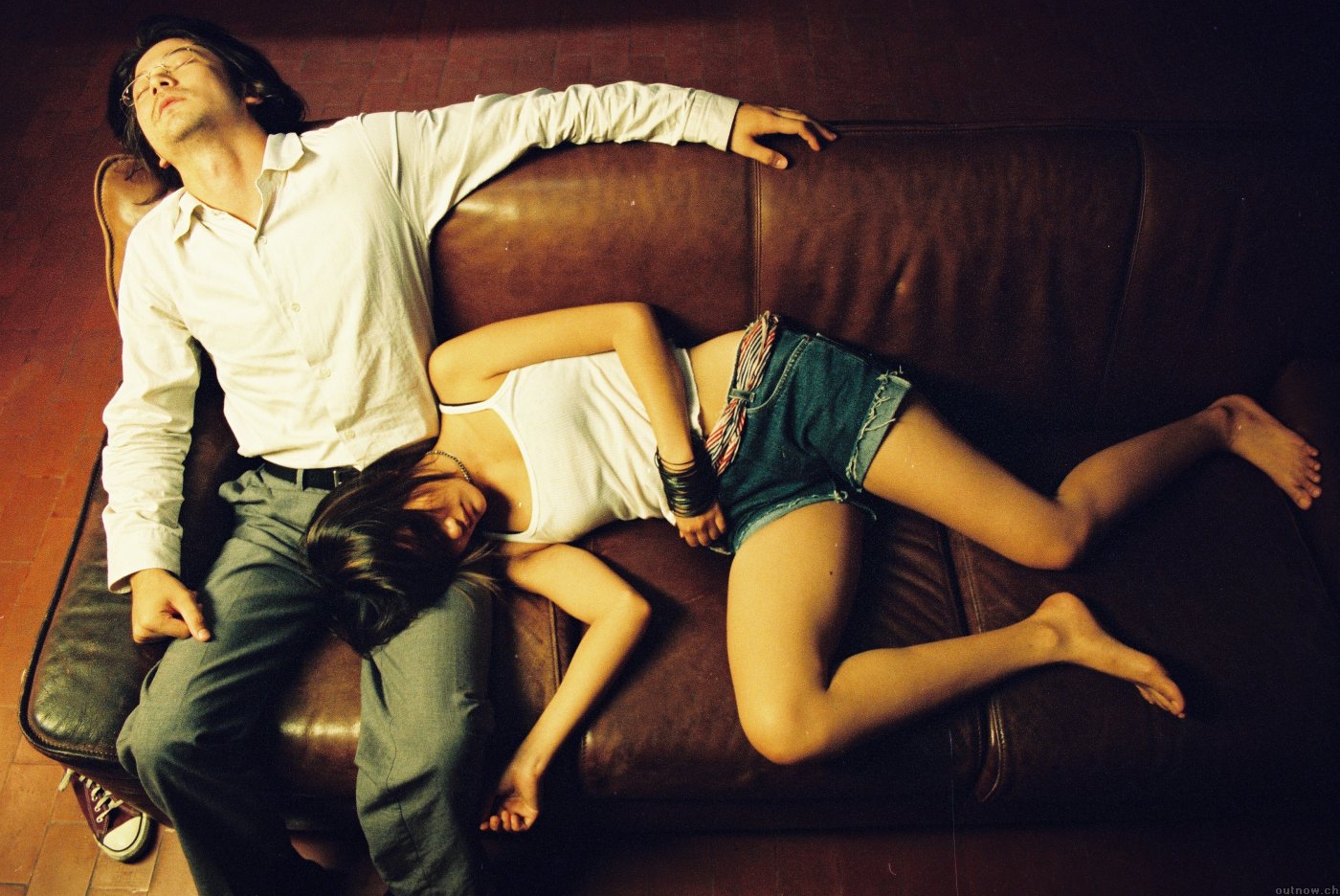Kenji Mizoguchi 1953 Japan

Along with Yasujirō Ozu, Akira Kurosawa and Mikio Naruse, Kenji Mizoguchi is well-renowned as one of the greatest of all Japanese filmmakers but I've got to admit that for me he represents a bit of a gap in my knowledge, and I'm not sure quite why. I've been massively into
Ozu in recent years and Kurosawa is Kurosawa (nothing more needs to be said) but somehow Mizoguchi has never really caught my attention. On the evidence of Ugetsu I've been missing out. At first look it appears to be a particularly grim war film complete with desperate, poverty-ridden soldiers raping peasants and robbing children but almost immediately focuses instead on the ambition of two men - fortune seeking potter Genjurô and bumbling wannabe-samurai Tobei - and the effect on their families of their attempts to attain their dreams, a morality play where Tobei's opportunistic murder of a general affects him less emotionally than the realisation of how far his wife has had to sink to survive his absence. Then the wonderful Machiko Kyō arrives as a spectral Lady who just wants to experience love with all its inherent perfection and cruelty and we're launched into a romantic ghost story, one that Genjurô falls into almost effortlessly despite having a wife and child at home but one that still elicits our sympathy in his attempts to escape. If this all sounds uneven it really should be - and with a lesser director certainly would be - but Mizoguchi pulls it off in magnificent style, creating an arresting mix of genres that's as dreamlike as it is harrowing with stunning cinematography to boot. And yet through all the fantastic the element that really strikes is the humanity of the characters even when they are performing deplorable acts, their malevolence almost understandable in a world where survival is all you can aim for.

-large-picture.jpg)






